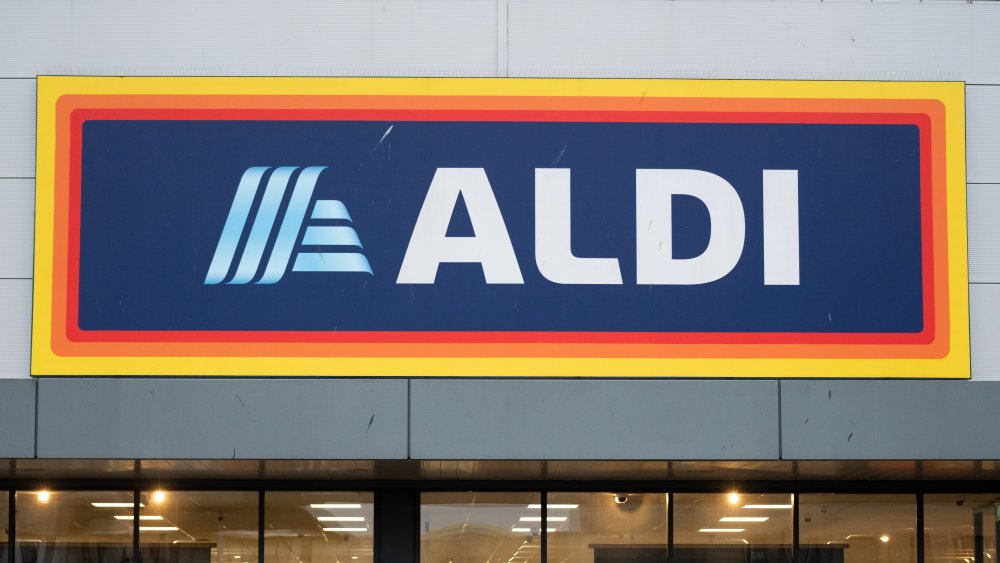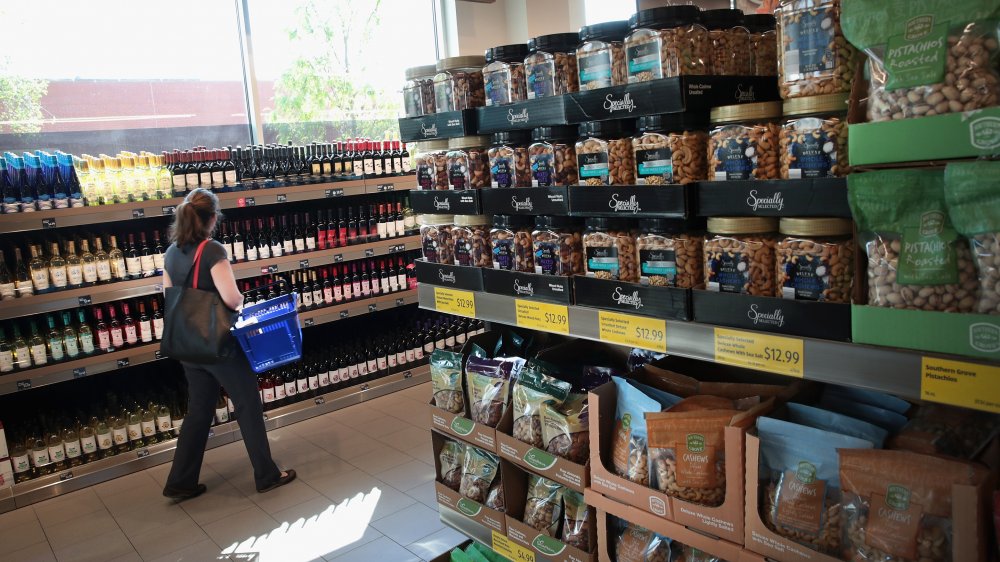The Real Meaning Behind Aldi's Name
Discount grocery chain Aldi is beloved worldwide for its great deals, high-quality private label products, and no-frills shopping experience. According to CNBC, the company had humble beginnings as a small grocery store opened in Essen, Germany in 1913 by the Albrecht family.
During World War II, the family's two sons, Karl and Theodore, were both conscripted into military service for Nazi Germany, with one brother taken captive by the Allied powers and the other wounded in action. After the war, both brothers were permitted to return home and decided to share the responsibilities for the family shop, taking it over for their mother and officially establishing the Aldi company in 1946.
Concerned about costs in the post-war economy, the brothers made the decision to begin exclusively selling non-perishable items at cut-rate prices and to start emphasizing the no-frills experience that Aldi is so well known for today. The business model was a success. By 1948, the brothers had expanded to five locations within Essen, and by 1955 they had over 100 stores throughout Germany.
Aldi split into two companies in the 1960s
CNBC reports that, in 1961, the company name was shortened from Albrecht-Diskont (meaning Albrecht Discount) to an easier-to-remember name — Aldi (via Reader's Digest). During the decade, the brothers' disagreements about various business decisions became overwhelming and they decided to split the company in half. Theo Albrecht led Aldi Nord, which covered all the stores in the north half of Germany, and Karl Albrecht claimed the southern half of the country under the name Aldi Sud. This split was reportedly amicable, and was apparently spurred by Theo's decision to begin selling tobacco products, which Karl allegedly believed would attract shoplifters. Since then, both divisions of the Aldi company have been doing well worldwide. The Aldi you shop at when you go to an Aldi store in the United States is an extension of Aldi Sud.
Aldi Nord is responsible for another popular grocery chain you probably didn't realize was related, but operates using an incredibly similar business model — Trader Joe's. The German company bought the California-based chain in 1979, reportedly because they liked Trader Joe's loyal customers and commitment to low prices.

